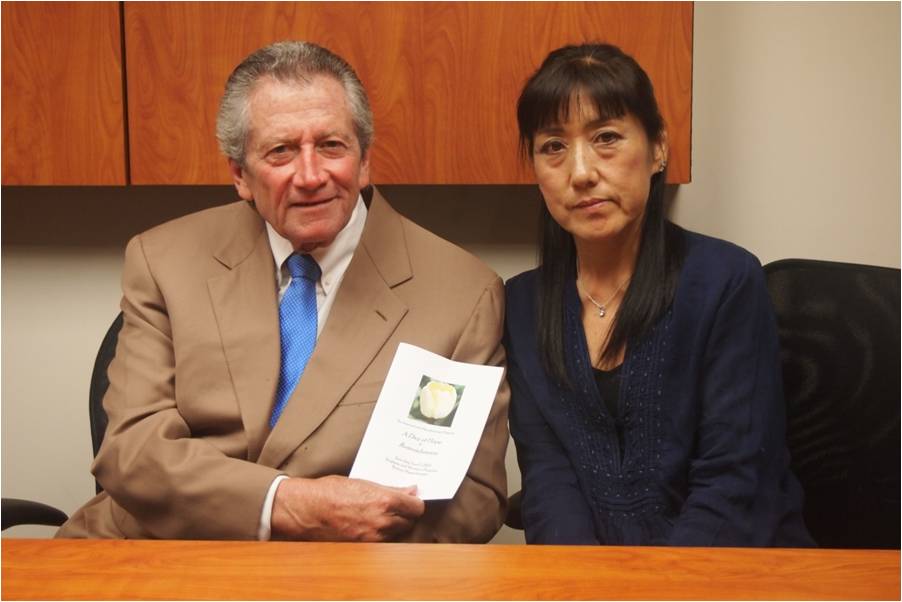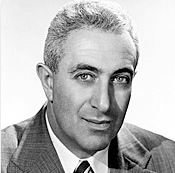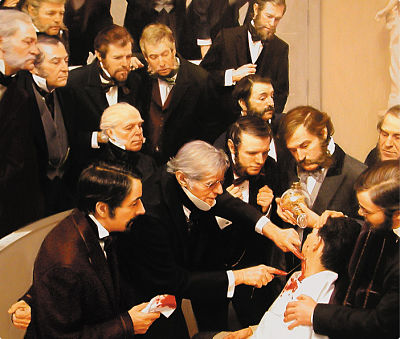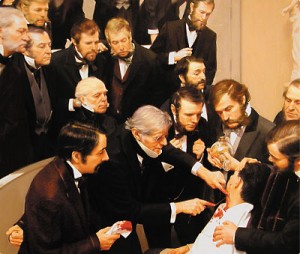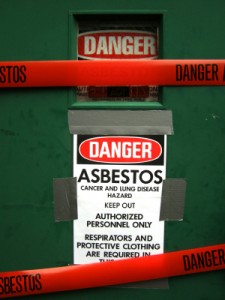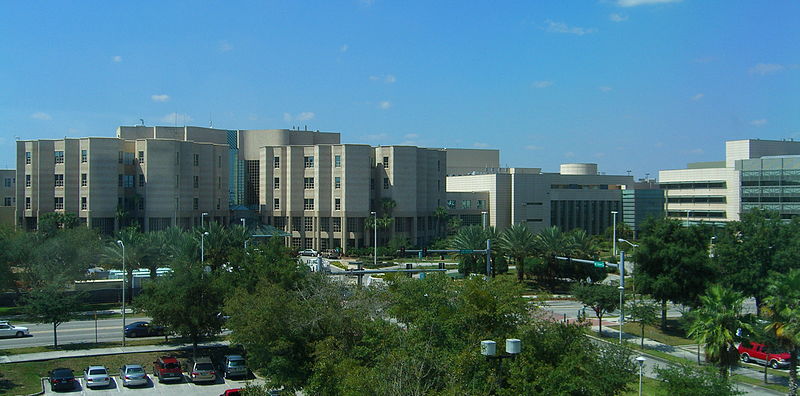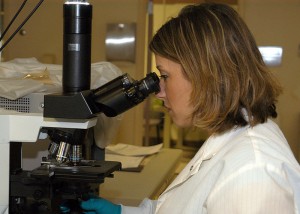My client Hisae came to my office recently to share her experience at the International Mesothelioma Program’s “A Day of Hope & Remembrance” at Brigham and Women’s Hospital in Boston, Massachusetts. The International Mesothelioma Program (IMP) holds a special memorial service every year on the first Saturday in June. Families gather to honor their loved ones whose mesothelioma was treated at Brigham and Women’s Hospital.
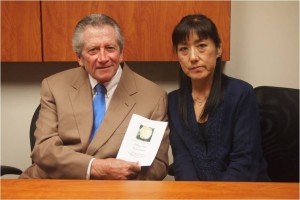
Hisae had traveled to Boston in remembrance of her husband Barney. I could tell that for Hisae the trip brought back many memories of all that Barney had endured when he was diagnosed with his mesothelioma. They were so hopeful for a cure when they traveled to Boston for Barney’s cutting-edge surgery, an extrapleural pneumonectomy combined with application of heated chemotherapy drugs to the chest cavity at the open surgical site. Dr. Sugarbaker refers to this procedure as the in vivo model. Sitting for hours in her seat on the plane, Hisae kept thinking about Barney’s strength and bravery to make the trips back and forth to Boston when he was so gravely ill.
The House Supports Mesothelioma Patients and Families
Upon her arrival in Boston for the memorial service, Hisae headed straight for “The Meso House” as she calls it. This is where she stayed while Barney was hospitalized. She was happy to reunite with the housing coordinator, who warmly welcomed her as she always had in the past. She observed some couples at The House and could empathize with them. Hisae and Barney stayed at The House together when her husband was out of the hospital but still needed follow-up care. They were comforted by the support of the staff and other families there. The House is conveniently located across the street from Brigham and Women’s Hospital at 48 Francis Street.
Deep Appreciation for the Work of Dr. Sugarbaker
The International Mesothelioma Program is led by founder and director, Dr. David Sugarbaker, who is also the chief of thoracic surgery at Brigham and Women’s Hospital, the home of the IMP.
Hisae, like so many of my clients, feels deep gratitude and appreciation for the medical care her husband received through the International Mesothelioma Program and the pioneering work of Dr. David Sugarbaker. She reconnected with some of her husband’s treatment team at the hospital. Dr. Sugarbaker was at the memorial service. Hisae was touched to see that he became emotional during the service. She knows that he does everything possible to prolong the life of all of his mesothelioma patients, including her husband.
The IMP Offers Hope For Mesothelioma Treatment
Hisae participated in the lovely memorial service by taking her turn to place a flower in the vase at the front of the room while photographs of the mesothelioma patients scrolled on the wall. Hisae was heartened to hear a woman speak at the service about her own mesothelioma surgery in 2005 and her wonderful story of survival and hope.
Without realizing it, the couple days in Boston brought some closure for Hisae to a still sad and painful chapter of her life. I’ve represented so many mesothelioma clients over the years, and they all have compelling and touching stories like Hisae’s. I commend Hisae for being willing to share her experience. My hope is that one day mesothelioma treatment centers like the International Mesothelioma Program will have many more successful outcomes for people diagnosed with mesothelioma.

